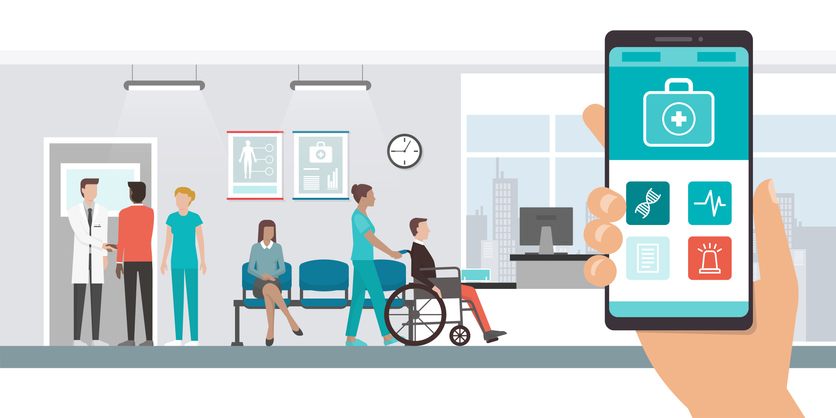With alert fatigue threatening to infiltrate the electronic medical records systems, EMRs of the future will take a more streamlined, personalized approach to the way they use clinical decision support tools.
That was one of the conclusions at a panel discussion on EMRs at MedCity News’ CONVERGE conference this week.
Dr. Anil Jain, chief medical information officer with Explorys and a physician at the Cleveland Clinic, said future generations of CDS tools will have a reduced number of alerts because they will be more tailored to both patients and physicians. For example, when a patient comes in with an artificial hip, the clinical decision support system might alert the doctor that it needs to be replaced and a surgical procedure would be scheduled. Jain also observed that a physician who has been practicing for several years probably doesn’t require the same number of alerts that a physician with fewer years of experience would and future systems could use that information accordingly.

With the Rise of AI, What IP Disputes in Healthcare Are Likely to Emerge?
Munck Wilson Mandala Partner Greg Howison shared his perspective on some of the legal ramifications around AI, IP, connected devices and the data they generate, in response to emailed questions.
Reports published earlier this year by BMC Medical Informatics highlighted the concern over alarm fatigue associated with EMRs and clinical decision support tools,which has been flagged up as an issue with medical devices and monitors in hospitals by the ECRI Institute and has come under scrutiny by the U.S. Food and Drug Administration.
Brian Wells, associate chief information officer of health technology and academic computing at Penn Medicine, highlighted a predictive analytics tool his institution is developing that could catch any critical information the care team missed.














